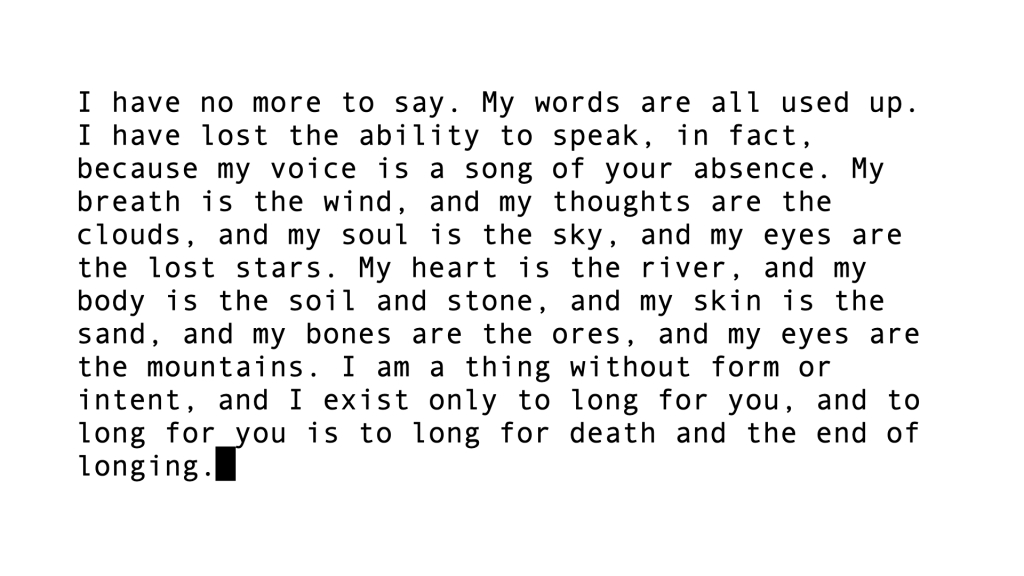Join me on an incredible writing escape to tranquil upstate New York this September 8th–13th and experience an exclusive, one-of-a-kind writing retreat like no other. Set in the picturesque Omega Institute in beautiful Rhinebeck, you’ll spend five transformative days under the guidance of me, Iain S. Thomas, internationally acclaimed author of bestsellers like I Wrote This For You, Every Word You Cannot Say, The Truth of You and What Makes Us Human? I’ve sold more than a million books, been praised, referenced and quoted by everyone from Stephen Spielberg to the British Royal Family and won hundreds of awards for my creativity and now, I’d like to share the secrets of what I’ve learned with you.

- Individualized Coaching: Receive one-on-one guidance from me, helping you overcome any creative blocks to propel your writing forward to where you’ve always known it could go.
- Focused Writing Sessions: Dedicated time each day to your writing without interruptions, in a lush, beautiful environment that inspires creativity and productivity.
- Professional Insights: Learn the secrets to successful writing and publishing shared by a veteran author with over two decades of experience and more than a dozen books to their name.
- Community and Fellowship: Connect with fellow writers and poets, share your work, and build lasting relationships within a supportive creative community.
- Discover your Zone of Writing Genius: Everyone has one mental state that works best for them, and if they can isolate and unlock that space at will, they can unlock an infinite creative well they can always draw on.
- Find The Poetry Around You: Spend time learning how to listen and see the world around you in a way that transforms the mundane into magic and releases the cosmic fire that sits just behind everything in our lives.





Your Retreat Experience Includes:
- Daily, relaxed and informal classes with basic prompts and foundational writing principles.
- Deep, far reaching discussions of craft and what makes good writing -great-
- Personalized advice sessions tailored to your project’s needs.
- Strategies for audience growth, book planning, and integrating writing into your daily life.
- Ample time to write, reflect, and breakthrough in your creative journey.
- Access to the Omega Institute’s facilities, yoga classes, wellness services and so much more (Please enquire with guest services for specific details and availability)
Past attendees have left my workshops inspired, completed manuscripts, secured publishing deals, and always with a reinvigorated passion for their craft.
Unfortunately, spaces are limited to preserve the intimacy and depth of our coaching interactions and class size so I encourage you to secure your spot now, invest in your writing success and take a significant step forward in your creative journey.
Whether you’re aiming for critical acclaim, commercial success, personal reflection, or still exploring the reasons behind your own writing purpose, this retreat will equip you with everything you need.
Click here now to find out more and book your place, I’m incredibly excited to work with you!
-Iain S. Thomas


















